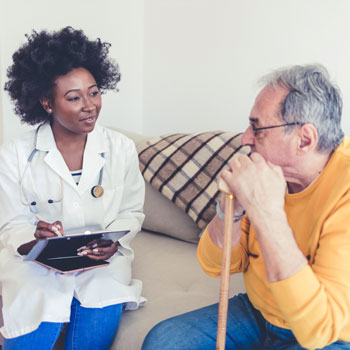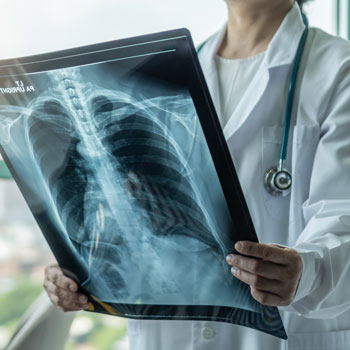Mis- and disinformation can cost lives
The greatest danger to the individual receiving misinformation and disinformation is that they may use it to inform decisions that directly impact their health and life.
I suspect that when John Lilly uttered these words, he could not have envisioned the ramifications of the modern age, with the internet, social media, and the 24-hour news cycle replaying in perpetuity the events of each day and the manipulation of what is perceived to be truth. While the internet has led to an explosion of resources and put massive amounts of information at our fingertips, this information is often unfiltered, unvetted, and fraught with peril as many try to sift through these data to sort truth from fiction.
The difficulty of constant exposure to information is the risk of distortion of what is real. As Dr. Lilly said, if we believe something to be true, it will become true. (He did note that there are certain physical limitations to this thought process. While we may believe in our minds that we can fly, gravity may have something else to say about that thought.)
As scientists, we seek to find answers to questions that can improve the health of our patients. We explore where the data take us and accept the outcomes of studies in order to improve our depth of knowledge. We accept when our hypotheses are not correct and our conclusions are faulty. This is how we learn and grow as both individuals and as physicians. The challenge in modern times is that individuals may not have full access to information or may be given false information for ulterior motives. The problems of misinformation and disinformation affect the individual and society as a whole.
There is a distinction between misinformation and disinformation that needs to be clearly understood. Misinformation is untrue or false conclusions and information that is not in accord with accepted truth. Disinformation is the deliberate spread of falsehoods to influence or alter people's perceptions or behavior. Both are damaging in their own right and need to be combated at every level.
The false assertion that if you disagree with someone they must be wrong needs to be challenged. We can certainly have our own opinions but not our own facts, and must be able to openly and respectfully challenge each other for the greater clarity of truth without vilifying or denigrating those with differing opinions. If a study is done and a conclusion is drawn that is later disproven, it does not mean that the original study was wrong, but rather that new information was obtained to refine that conclusion.
Generations believed that the Earth was flat and also the center of the universe. People believed the smallpox vaccine would turn them into cows, but this was proven to not be true. False claims that vaccines cause autism have been thoroughly debunked. It is important to question, analyze, and ask for more information, but when presented with the evidence and the answers, we have to be able to accept those answers and change our conclusions. As Maryland Governor Wes Moore has said, skepticism should be your companion but never your captor.
The greatest danger to the individual receiving misinformation and disinformation is that they may use it to inform decisions that directly impact their health and life. Taking medications that have been proven not to work can have side effects and consequences. Refusing to take medications that can preserve life or to receive vaccines that can prevent infection can lead to death. Failure to acknowledge the severity and transmissibility of infectious disease can directly impact how we conduct ourselves and our survival. It is critical that individuals go to trusted sources to find what is true so that their decisions can be based on all relevant information.
The risks of mis- and disinformation were never more evident than during the COVID-19 pandemic, when individuals would make claims about certain drug treatments, disease states, and especially vaccines. When hydroxychloroquine was first suggested as a treatment for COVID-19, it was right to study it and evaluate whether this hypothesis was valid. When the hypothesis was proven wrong, it was time to move on to other options. The false narrative that it worked cost people lives, and from real-world experience, patients who needed this medication to treat autoimmune disease could not obtain it due to lack of supply. Also, as has been shown with attacks on public health officials, scientists, and physicians, the manipulation of information can cause individuals to falsely view their fellow humans as antagonists and go so far as to threaten their lives.
Our perception of what is occurring in society is often filtered through television and news media. We do not always have firsthand knowledge of events that are occurring, but rather see them through news reports. The danger lies in only looking at one source of information, creating an echo chamber to reinforce already held beliefs and not challenging those assumptions.
Combating mis- and disinformation is a never-ending battle that we must all take on. We must constantly question and seek what is true without bias or ulterior motive. Not doing so has real-world consequences to health and safety. As doctors, we are taught how to analyze studies, synthesize information, and reject conclusions that are not supported by evidence. At the heart of all of this is communication and the ability to listen to each other with respect, honoring the humanity within us all.




